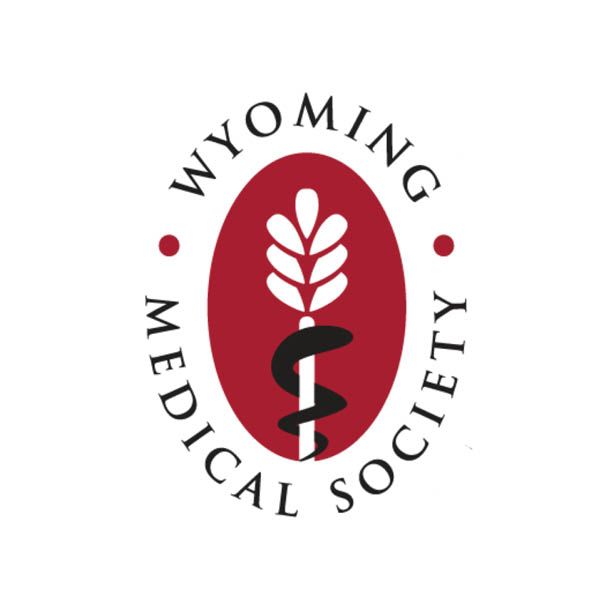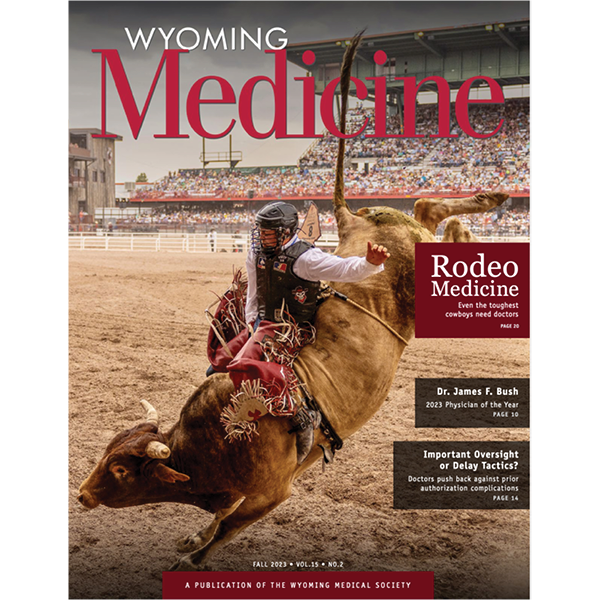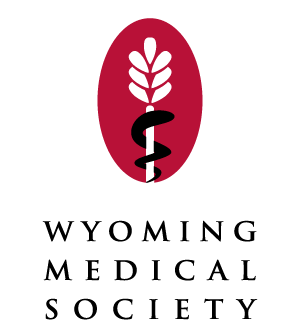
Measles reported in multiple states; be prepared to take infection-control steps
Measles reported in multiple states; be prepared to take infection-control steps
Content provided by American Academy of Pediatrics
Clinicians should be prepared to identify a possible case of measles and take infection-control measures as cases have been reported in at least six states.
Measles is a highly contagious disease and can be especially dangerous in young children. Symptoms include fever, cough, runny nose and watery eyes followed by a maculopapular rash that begins on the head and face and spreads downward. The disease can result in complications like pneumonia, brain damage and deafness, and can be fatal.
Cases have been reported recently in Delaware, Georgia, New Jersey, Pennsylvania, Virginia, and Washington state. In Virginia, officials warned that a traveler with measles may have exposed people at Dulles International Airport and Ronald Reagan Washington National Airport.
Measles is transmitted through contact with infectious droplets or by airborne spread when an infected person breathes, coughs or sneezes, according to the Centers for Disease Control and Prevention (CDC). The virus can remain in the air for up to two hours.
The AAP and CDC have guidance on preventing the disease from spreading in health care settings when there is a known or suspected case of measles. Health care personnel should have presumptive evidence of immunity from the disease through vaccination, laboratory evidence or birth before 1957. They also should take standard and airborne precautions, including wearing a fit-tested National Institute for Occupational Safety & Health-approved N95 or higher-level respirator.
Patients with a known or suspected case of measles should be placed in an airborne infection isolation room (AIIR). If one is not available, they should be in a private room with the door closed until they can be transferred to an AIIR. Patients 2 years and older and their family should wear well-fitting masks.
Clinicians also should routinely promote respiratory hygiene and cough etiquette, appropriately manage exposed and sick health care providers and implement environmental infection control. The AAP and CDC resources below have additional details.
When a patient is suspected of having measles, the CDC recommends clinicians collect a throat or nasopharyngeal swab and a blood sample for testing and report suspected measles cases to their local and/or state health department.
Measles vaccines are highly effective at preventing illness. Children should receive their first dose of measles, mumps and rubella (MMR) vaccine between 12 and 15 months of age and a second dose between 4 and 6 years. If traveling abroad, infants ages 6 months through 11 months should have one dose of MMR, and children 12 months and older should receive two doses at least 28 days apart.
A recent CDC study found 93% of kindergartners were fully vaccinated against measles during the 2022-’23 school year, ranging from 81% in Idaho to at least 98% in Mississippi. It was the third consecutive year the vaccination rate was below the Healthy People 2030 target of 95%, and officials estimated about 250,000 kindergartners remain at risk.
Other countries also have been grappling with measles cases and inadequate vaccination rates. In the United Kingdom, health officials issued a warning last week about rising cases in some areas and said more than 3 million unvaccinated children in England are at risk. The World Health Organization’s European Region recently reported there were more than 42,000 cases in 2023, a 45-fold increase compared to 2022, and attributed the spike to decreased measles vaccine coverage during the COVID-19 pandemic.
Resources
- AAP Project Firstline infection prevention and control resources
- Information from the AAP on standard and transmission-based precautions
- CDC guidance on measles infection prevention and control measures in health care settings
- AAP Red Book chapter on measles
- CDC’s measles webpage for health care providers
- CDC measles fact sheet
- AAP clinical report Countering Vaccine Hesitancy
- Information for parents from HealthyChildren.org on protecting children during measles outbreaks
Disclaimer
This web site is provided for educational and informational purposes only and does not constitute providing medical advice or professional services. The information provided should not be used for diagnosing or treating a health problem or disease, and those seeking personal medical advice should consult with a licensed physician. Always seek the advice of your doctor or other qualified health provider regarding a medical condition. Never disregard professional medical advice or delay in seeking it because of something you have read on the Wyoming Medical Society's website. If you think you may have a medical emergency, call 911 immediately. No physician-patient relationship is created by this web site or its use. Neither WMS nor its employees, nor any contributor to this web site, makes any representations, express or implied, with respect to the information provided herein or to its use.
WyoMed Blog











